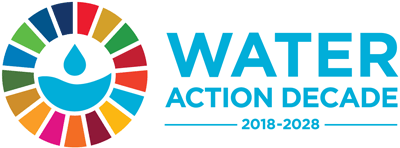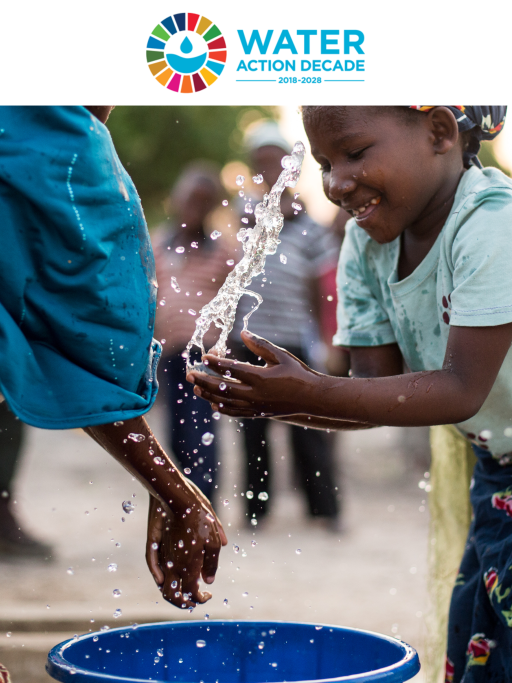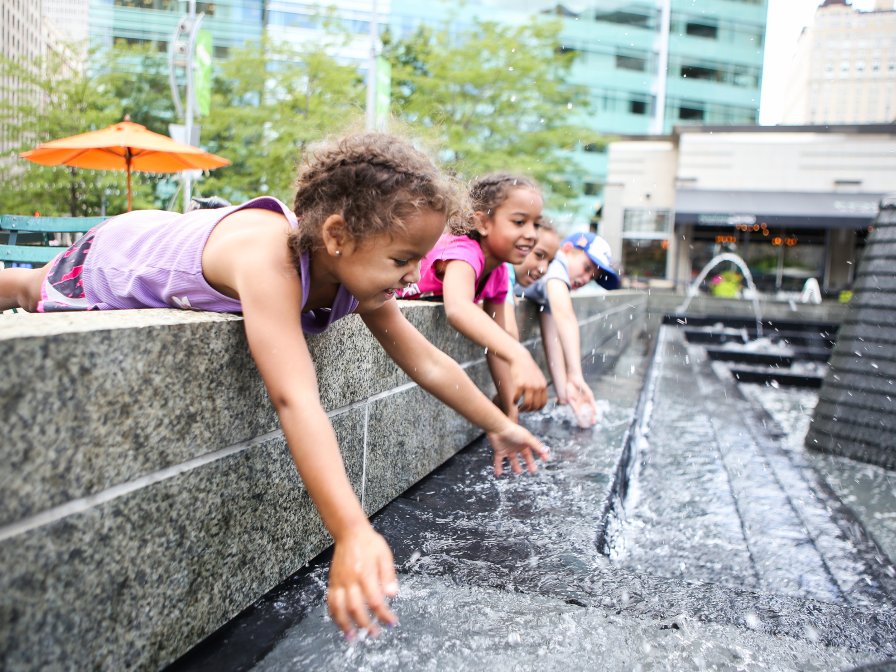
"With the backing of Member States, the Initiative is expected to strengthen 100 utilities between now and 2030, benefiting an estimated 100 million people with safer, more responsive, more resilient or more accessible basic services"
In March 2023, the world joined together during the UN 2023 Water Conference convened by the UN General Assembly. The conference called for commitments, pledges and actions from across the water and sanitation sector to help deliver on the water actions in the 2030 Agenda for Sustainable Development. These commitments are compiled in the Water Action Agenda towards achieving the SDG 6 and other related goals and targets.
GWOPA identified challenges and structural barriers, highlighted groups most at risk of being left behind, and proposed a set of policy recommendations per SDGs. The GWOPA pledge aims to “Localizing SDG 6 - Transforming Access to Water by Strengthened Capacity of Operators Closest to Water Provision.”
The initiative pledges to accelerate the approach of GWOPA to engage at least 100 public water and sanitation service providers across the globe to sign up for a set of criteria for peer exchange and support. Scaling up public service providers by partnerships through the established successful WOPs and SWOPs system. With this focus on capacity development and institutional anchoring, the benefits will be multiplied over time by leveraging finance for investments, which often benefit from spin-offs from these partnerships. There will be ripple effects, whereby benefiting utilities go on to support more peers through further partnerships.
With the pledge, GWOPA raises the profile of water operators as a key actor in localizing the SDGs, elevating the global recognition of basic service providers in achieving the SDGs.

